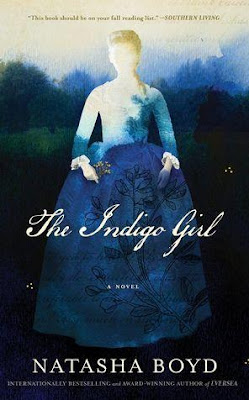Currently, I am reading the nonfiction Death’s Acre: Inside the Legendary Forensic Lab The Body Farm Where the Dead Do Tell Tales by Bill Bass. Patricia Cornwell wrote the foreword to that book and supposedly used its subject as inspiration for this novel. I was very disappointed in both the plot line and the misnaming of this novel.
Dr. Bill Bass is a real life forensic anthropologist who realized in the course of his early career that a research facility that specialized in human (and sometimes animal and other) decomposition under various circumstances was needed in order for law enforcement to build airtight timelines to effectively prosecute murders. His answer was to begin The Body Farm.
Novelist Patricia Cornwell has heard Dr. Bass present at conferences and has been to The Body Farm, so I looked forward to reading this police procedural novel and seeing how she utilized her research and presented the material in the context of her plot. This was my first novel by her, and I cannot say that I am impressed.
First, The Body Farm plays such a minor role in the novel, I cannot even remember the fictional name she gave Dr. Bass — let alone fathom why she chose to title the novel after the research facility. Second, I felt the plot line was just weak and very rushed in its conclusion.
I am not a huge reader of crime fiction, but I was able to peg the guilty party from their very first appearance in the story. Since I am not a big police procedural reader, usually the whodunnit takes me by surprise. The rushed conclusion of the novel almost felt like the author knew everyone already knew the big reveal long before its unveiling and so decided to just wrap the thing up, ship it off to the publisher, and move along to her next book.
Narrator C.J. Critt was a new narrator for me and the only thing that kept this novel from being a two star read for me. I would definitely listen to another book she narrates. Whether or not I pick up another book by Patricia Cornwell is in doubt.






